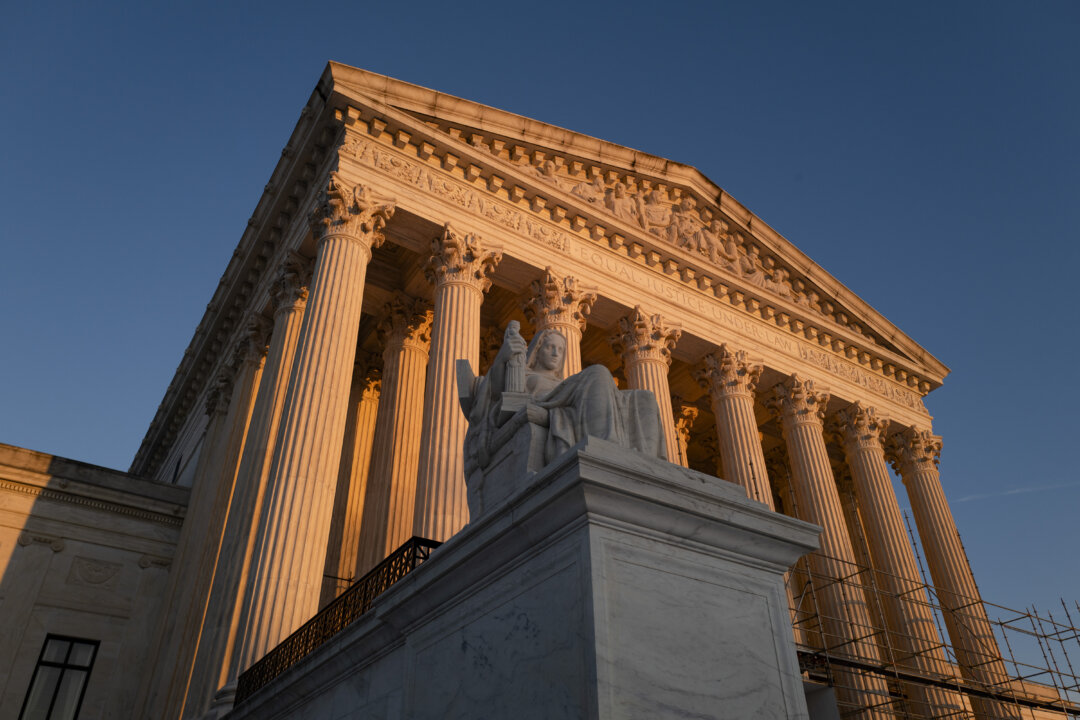The justices pressed the Trump administration about how courts would proceed without nationwide injunctions.
The Supreme Court on May 15 grappled with how far federal judges could go in issuing sweeping blocks on policies such as President Donald Trump’s order restricting birthright citizenship.
Their comments came during oral argument over the administration’s request that the high court remove three nationwide injunctions on Trump’s order.
Those nationwide blocks are among the many issued by federal judges that have halted a range of Trump administration policies.
U.S. Solicitor General D. John Sauer, who argued for the Trump administration, told the justices that nationwide injunctions had been used in ways that exceeded judges’ authority under Article III of the Constitution. More specifically, he and others have criticized nationwide injunctions for granting relief on a broad basis rather than just for the parties before the court.
Some of the justices, however, expressed concern about how other people purportedly harmed by Trump’s policy would get relief without a nationwide block.
At least two justices—Justices Elena Kagan and Sonia Sotomayor—indicated that they believed Trump’s order limiting birthright citizenship breached the 14th Amendment and that large numbers of people were therefore harmed by it.
The hearing was unusual in that it focused less on legal arguments on whether Trump’s birthright citizenship policy runs afoul of the 14th Amendment and instead concentrated on the legality of the practice of nationwide injunctions. More in-depth questions about birthright citizenship and the 14th Amendment will continue playing out in the court system.
Kagan told Sauer that if she were in his shoes, there was no way she would bring the case to the Supreme Court and noted that multiple federal judges had ruled against the administration. Following some intense questioning from Kagan, Justice Neil Gorsuch said she asked questions better than he could. Both of them seemed concerned that without nationwide injunctions, those affected by the order would have to undergo a lengthy legal process to get relief.
Chief Justice John Roberts seemed to push back on this point, saying that the Supreme Court had intervened quickly in previous cases, suggesting it could provide quick relief in the future.
This is a breaking story and will be updated.

